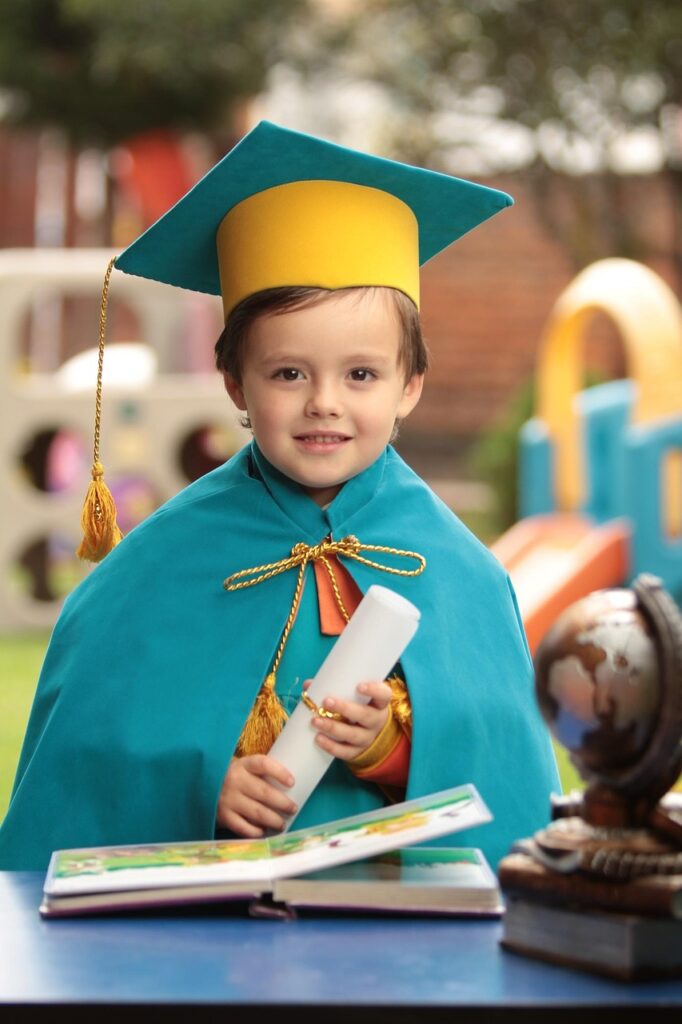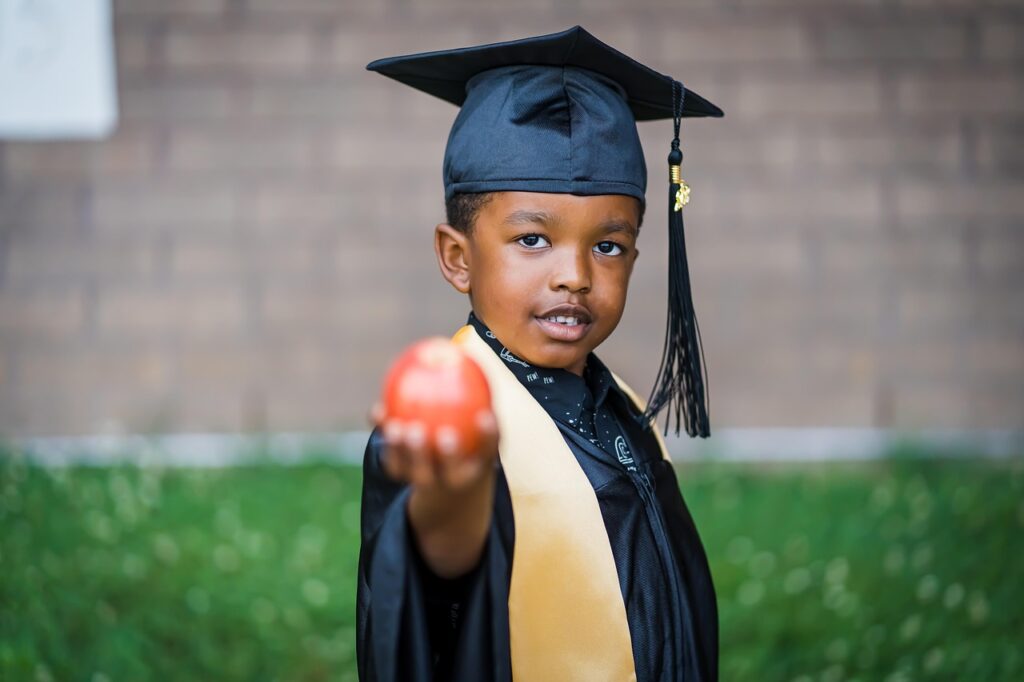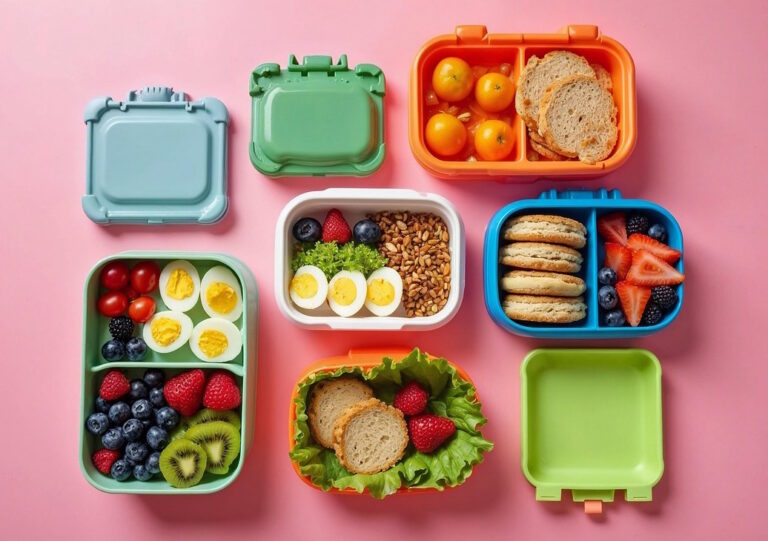Helping Younger Children Transition Smoothly to School
Here is an all-inclusive guide, comprising a variety of effective tips to grant younger children transition smoothly to school. Learn strategies for reducing anxiety, building routines, Starting school is an exciting milestone, but for younger children, it can also be a source of anxiety and uncertainty. Whether your child is entering preschool, kindergarten, or moving…
Here is an all-inclusive guide, comprising a variety of effective tips to grant younger children transition smoothly to school. Learn strategies for reducing anxiety, building routines,
Starting school is an exciting milestone, but for younger children, it can also be a source of anxiety and uncertainty. Whether your child is entering preschool, kindergarten, or moving from home to a structured classroom environment, the transition can feel overwhelming. As parents, our role is to prepare them emotionally, socially, and practically for this big step.
Here are key strategies to help younger children transition smoothly to school:
1. Talk About School Early 🏡
Children cope better with change when they know what to expect. Begin talking about school weeks before the first day:
• Explain what the day will look like in simple terms (classroom, teachers, playtime, meals).
• Read books about starting school to spark curiosity and excitement.
• Share positive stories about your own school experience.

2. Visit the School Environment
If possible, take your child to the school before it officially starts:
• Show them the classroom, playground, and bathrooms.
• Introduce them to teachers if available.
• Practice the route to school to make the place feel familiar.
Familiarity reduces anxiety and builds comfort.
3. Build a Daily Routine
Routine is the foundation of a smooth transition:
• Practice waking up early, eating breakfast, and getting dressed at the same time every day.
• Set consistent meal and sleep schedules.
• Use visual charts for young kids to follow steps easily.
A structured routine at home makes the school routine easier to accept.

4. Encourage Independence
Simple independence skills make children more confident at school:
• Teach them to open lunch boxes and water bottles.
• Let them practice using the toilet independently.
• Encourage them to dress and put on shoes by themselves.
These small skills empower children to feel capable.
5. Role-Play School at Home

- Pretend play is a fun way to prepare for new experiences:
• Set up a mini classroom at home with toys as classmates.
• Practice greetings, circle time, and snack breaks.
• Let your child be both the teacher and the student.
This playful practice reduces fear and builds excitement.
6. Acknowledge Their Feelings
Some children may cry, cling, or express fear:
• Validate their emotions (“I know you feel nervous, that’s okay”).
• Avoid dismissing their worries with “don’t be scared.”
• Teach them calming strategies like deep breathing or hugging a comfort toy.
- Listening and validating builds trust.
7. Create a Positive Goodbye Ritual
- While goodbyes can be the heaviest and the hardest moment, it can make all the difference for your kid, helping him/her face their first day courageously, having packed much love and assurance in their heart. But make sure you do not overdo it, just make it short and consistent.
For example:
• A special hug, a phrase, or a handshake.
• Assure them that you’ll be back at pickup time.
• Avoid sneaking away—it increases separation anxiety.
8. Stay Patient and Supportive
Adjusting to school takes time. Some children adapt in days, while others may need weeks:
• Stay calm during drop-offs, even if your child cries.
• Celebrate small successes (a smile at school, making a new friend).
• Keep communication open with teachers to track progress.
9. Involve Them in Fun Preparation
- Turn preparation into excitement:
• Let them choose their tools and school essentials such as backpack and lunchbox.
• Allow them to pick a favourite snack for their first day.
• Count down the days with a colourful calendar.
This builds anticipation rather than fear.
To Sum Up
Helping younger children transition to school smoothly requires preparation, patience, and empathy. By creating routines, encouraging independence, and providing emotional support, parents can turn this milestone into a positive and exciting experience. A confident start sets the tone for years of joyful learning ahead.







